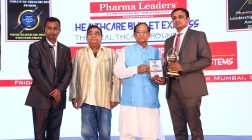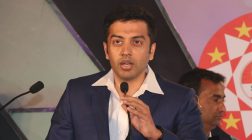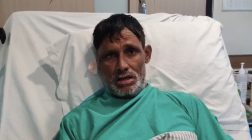Made in India medicines set alarm bells ringing in US
India, the second-largest exporter of over-the-counter and prescription drugs to the United States, is coming under increased scrutiny by American regulators for safety lapses, falsified drug test results and selling fake medicines.
Dr. Margaret A Hamburg, the commissioner of the United States Food and Drug Administration (USFDA), arrived in India this week to express her growing unease with the safety of Indian medicines because of “recent lapses in quality at a handful of pharmaceutical firms”.
India’s pharmaceutical industry supplies 40 per cent of over-the-counter and generic prescription drugs consumed in the United States, so the increased scrutiny could have profound implications for American consumers.
FDA investigators are blitzing Indian drug plants, financing the inspections with some of the roughly $300 million in annual fees from generic drug makers collected as part of a 2012 law requiring increased scrutiny of overseas plants. The agency inspected 160 Indian drug plants last year, three times as many as in 2009. The increased scrutiny has led to a flood of new penalties, including half of the warning letters the agency issued last year to drug makers.
Hamburg was met by Indian officials and executives who, shocked by recent FDA export bans of generic versions of popular medicines that the FDA determined were adulterated, suspect that she is just protecting a domestic industry from cheaper imports.
“There are some people who take a very sinister view of the FDA inspections,” Keshav Desiraju, India’s health secretary until this week, said in a recent interview. The FDA’s increased enforcement has already cost Indian companies dearly — Ranbaxy, one of India’s biggest drug manufacturers, pleaded guilty to felony charges and paid a $500 million fine last year, the largest ever levied against a generic company. And many worry that worse is in store.
“If I have to follow US standards in inspecting facilities supplying to the Indian market,” GN Singh, India’s top drug regulator, said in a recent interview with an Indian newspaper, “we will have to shut almost all of those”.
The unease culminated Tuesday when a top executive at Ranbaxy pleaded with Hamburg at a private meeting with other drug











